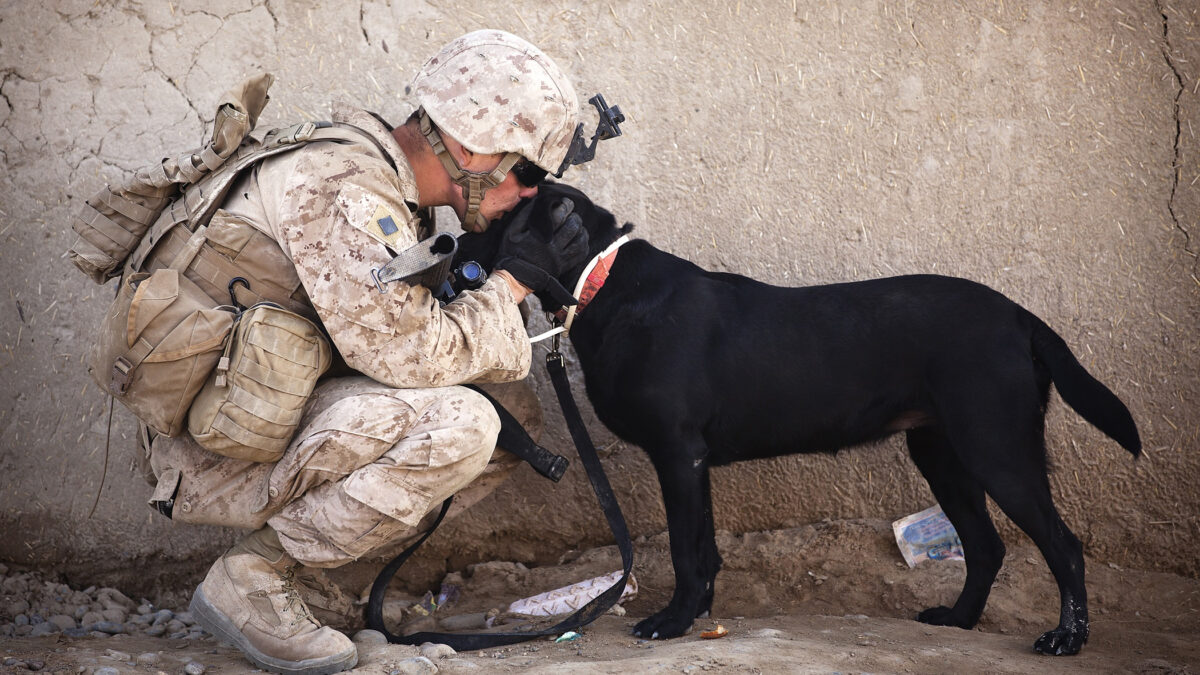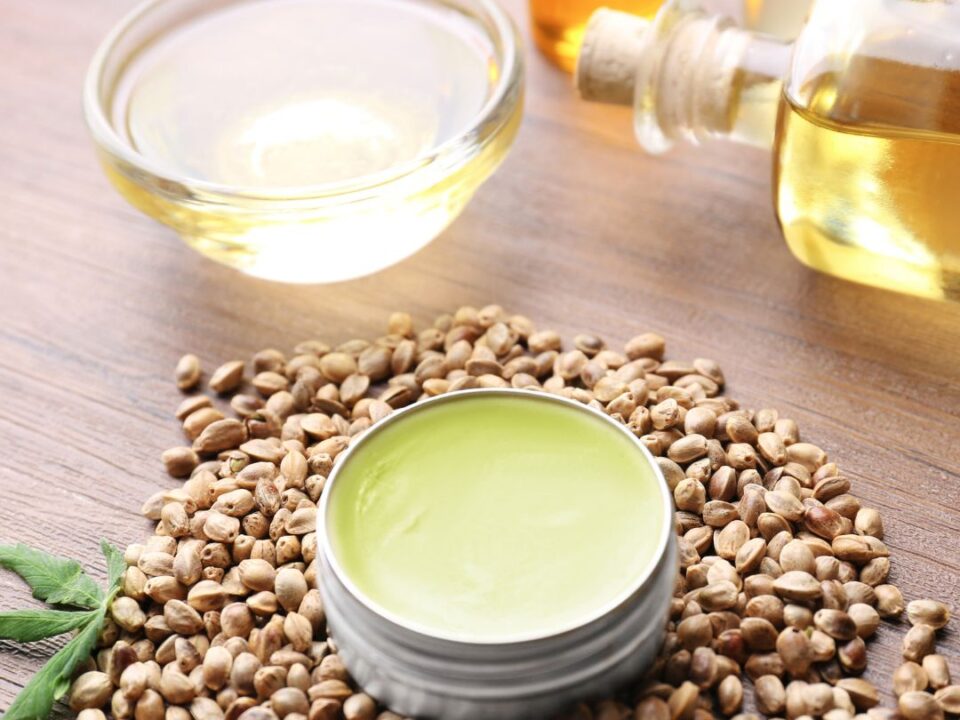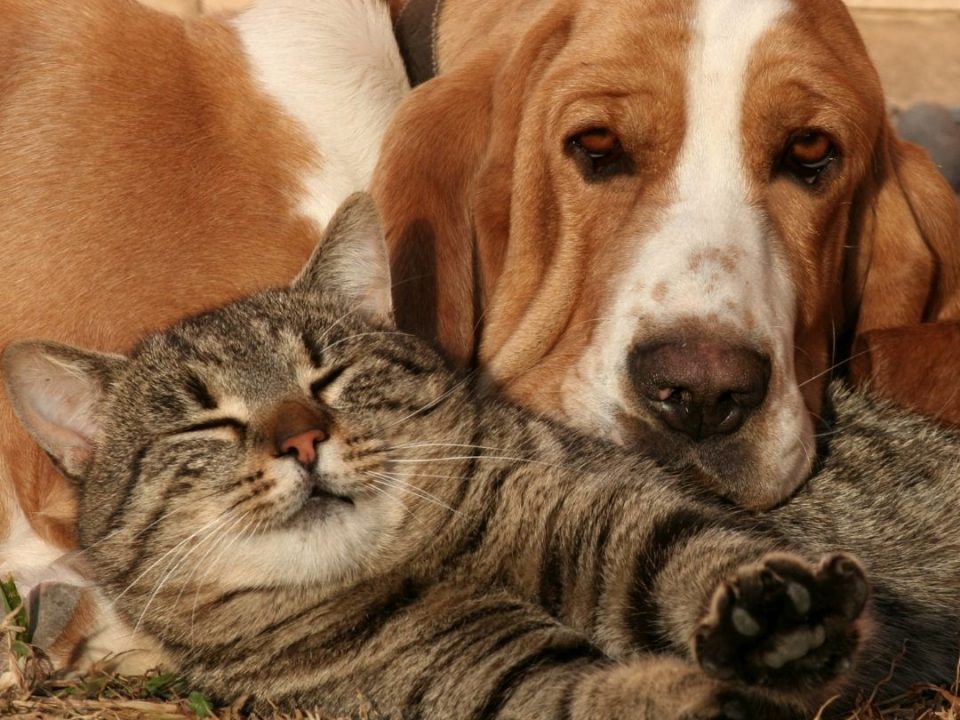
CBD and PTSD in Veterans
According to the latest data from the Veterans Association, around 20 percent of all of the troops who saw active service in Iraq and the Middle East over the last thirty years have been impacted by post-traumatic stress disorder (PTSD). Those returning from military combat often find it difficult to slip back into regular civilian life and typically experience high levels of anxiety.
To make matters worse, the mainstream medical community does not have a firm handle on the problem. While there are plenty of health services for returning veterans, studies suggest that there is widespread over-prescribing of opioid drugs – highly addictive compounds that take away pain in the short-run but make it harder to recover long term.
CBD, however, has been touted as a possible solution for PTSD in veterans, owing to its unique effects on the body’s internal balance.
How Does CBD Help PTSD And Anxiety, And Why Is It Different From Marijuana
CBD (or cannabidiol) is a cannabis derivative made by extracting oils from hemp – a species of cannabis. Over the last fifteen years, researchers have found strong evidence that CBD may help return the brain to balance, de-regulating some of the pathways that make people feel stressed and anxious by binding to receptors in the nervous system. Evidence collected so far seems to show that people who take CBD experience less anxiety following traumatic events, like partner abuse, car accidents, and war.
CBD, therefore, might be something that can help veterans fight back against PTSD and help them feel more like they did before they saw active combat. CBD, however, is not the same as marijuana – there are substantial differences.
Marijuana is a type of cannabis plant which contains both CBD and the psychoactive compound, THC. While CBD helps you to feel normal again, THC whips you up and gives you the sense that you are “high.” Investigators have discovered that while CBD is beneficial for people with anxiety disorders, THC is not. In some cases, THC has been shown to have a negative effect on PTSD and make symptoms worse.
So what are the benefits of CBD and the cons of marijuana? Let’s take a look at them in more detail.
CBD Is Effective In Helping Vets Process Traumatic Events
The main benefit of CBD is that it helps people to process traumatic events. The compound activates the body’s endocannabinoid system, activating channels involved in memory consolidation and fear response. Studies suggest that CBD is effective at treating the symptoms of PTSD both shortly after the event and months later by changing the structure of the amygdala, a small, ancient region of the brain responsible for the fear response.
By activating both CB1 and CB2 receptors in the central nervous system, CBD may prompt the body to create more neurotransmitters, promoting both happiness, feelings of pleasure, and memory.
Data collected by the NYU Langone Medical Center revealed that people with PTSD have lower levels of a transmitter called anandamide. This compound is one of the body’s endocannabinoids and operates in a similar way to CBD. Cannabidiol from hemp, therefore, may have beneficial effects by topping up low levels of this neurotransmitter, automatically improving core function.
Marijuana Contains Psychoactive Compounds
The main issue with regular marijuana is that it contains the psychoactive compound, THC. THC is a molecule that looks a little bit like CBD, but activates the body’s endocannabinoid system differently, producing feelings of light-headedness and, sometimes, euphoria. When these effects ultimately wear off, they lead to withdrawal and, often, worsening PTSD symptoms.
CBD May Help Improve Sleep Quality
PTSD can often make it difficult to sleep. What’s more, even when veterans do get to sleep, many are dogged by nightmares about what happened to them during the conflict, reducing sleep quality. Sweating, flashbacks, and waking up in the night are all common signs of the condition,
Studies show, however, that veterans who take CBD and visit the psychiatrist regularly can reduce the incidence of nightmares substantially, or even eliminate them. The research found that over 72 percent of the people in the study saw a stopping of their intrusive dreams altogether or a substantial reduction.
THC Is Not Legal At The Federal Level
While some states have moved to make cannabis usage legal, the federal government doesn’t take the same view. It still considers marijuana an illegal substance in the US and, therefore, bans veterans from taking it across state lines.
CBD, however, doesn’t contain any of the active components of the cannabis plant, so it is not a restricted substance. You can take CBD wherever you go in the US, ensuring that you have what you need to fight PTSD symptoms.
You Can Take CBD In A Variety Of Forms
Another of the benefits of CBD is that you don’t have to smoke cannabis to get the substances into your body. CBD companies have created a wide variety of CBD oil tinctures, gummies, and food products that you can take with you, wherever you go, and eat on the fly. While you still need to be careful with dosages, these form factors make taking CBD much more accessible and pleasant.
CBD is also available as a vape fluid, as well as found in creams that you can apply to your skin and absorb into the body.
Summary
PTSD is a severe condition that can radically affect a veteran’s quality of life, causing them to have nightmares, struggle with social situations, and prevent them from re-entering the civilian workforce when they return home. It is, therefore, a debilitating condition with serious ramifications across all aspects of life.
CBD products, however, empower vets with PTSD to take back control of their lives, overcome some of the brain imbalances that might lead to symptoms, and improve their overall wellbeing. While CBD isn’t a “cure” for PTSD, so to speak, it offers the benefits of cannabis, but without the downsides of smoking marijuana.
If you decide to try CBD, make sure that you begin with a small dose and then work your way up from there. Here is our Ultimate CBD Guide for more information.




